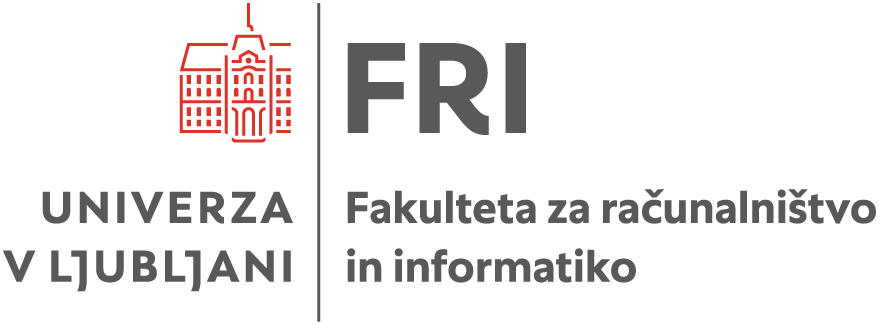- FRI Piškot: Establishing Secure IoT-Based Smart City using Real-Time Big Data Analytics
O razvoju pametnih mest z uporabo tehnologije interneta stvari in analize velikih podatkov bo na naslednjem predavanju FRI Piškot govoril prof. Paul Anand iz Južne Koreje.
Dobimo se v četrtek, 1. 3. 2018, ob 14.15 v P22.
Povzetek:
The rapid growth in the population density in urban cities demands that services and an infrastructure be provided to meet the needs of city inhabitants. Thus, there has been an increase in the request for embedded devices, such as sensors, actuators, and smartphones, leading to considerable business potential for the new era of the Internet of Things (IoT), in which all devices are capable of interconnecting and communicating with each other over the Internet. Thus, Internet technologies provide a way of integrating and sharing a common communication medium. With this knowledge, in this paper, we propose a combined IoT-based system for smart city development and urban planning using Big Data analytics. We propose a complete system consisting of various types of sensor deployment, including smart home sensors, vehicular networking, weather and water sensors, smart parking sensors, and surveillance objects. A four-tier architecture is proposed that includes 1) Bottom tier-1, which is responsible for IoT sources and data generation and collection, 2) Intermediate tier-1, which is responsible for all types of communication between, for instance, sensors, relays, base stations, and the Internet, 3) Intermediate tier 2, which is responsible for data management and processing using a Hadoop framework, and 4) Top tier, which is responsible for application and usage of the data analysis and the results generated. The system implementation consists of various steps that begin with data generation and move to collection, aggregation, filtration, classification, preprocessing, computing and decision making. The proposed system is implemented using Hadoop with Spark, voltDB, Storm or S4 for real time processing of the IoT data to generate results to establish the smart city. For urban planning or city future development, the offline historical data are analyzed with Hadoop using MapReduce programming. IoT datasets generated by smart homes, smart parking weather, pollution, and vehicle data sets are used for analysis and evaluation. This type of system with full functionality does not currently exist. Similarly, the results demonstrate that the proposed system is more scalable and efficient than existing systems. Moreover, system efficiency is measured in terms of throughput and processing time.
O predavatelju:
Prof. Paul Anand is currently working in The School of Computer Science and Engineering, Kyungpook National University, South Korea as Associate Professor, He got his Ph.D. degree in the electrical engineering at National Cheng Kung University, Taiwan, R.O.C. in 2010. From 2010 to 2012 he was with Hanyang University, South Korea. His research interests include Block chain/Big Data, IoT/Algorithm and Architecture Reconfigurable Embedded Computing. He is a delegate representing South Korea for M2M focus group and for MPEG.
